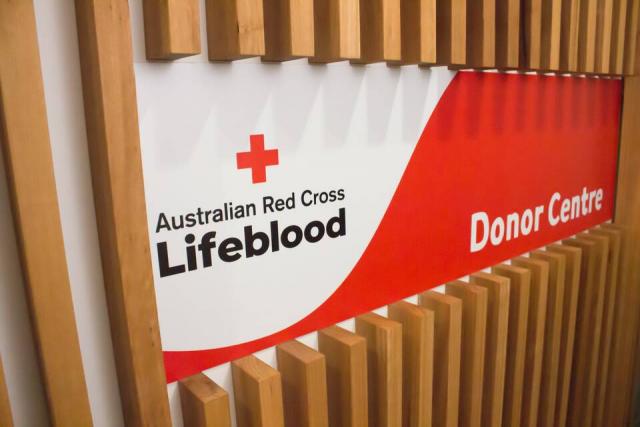
Australian Red Cross Lifeblood has issued an urgent national call for donors, including those in Maribyrnong and Hobsons Bay, to roll up their sleeves as soon as possible as New South Wales [NSW] continues to be hit hard by shortages.
Floods, road closures, cold and flu and COVID-19 are keeping many donors at home, reducing Lifeblood’s reserves of platelets to stock hospitals.
Platelets are the part of blood used to stop bleeding in accidents, emergencies, and chemotherapy.
The organisations whole blood supplies nationally are also under pressure.
Lifeblood spokesperson Cath Stone said donors who are fit, well and safely able to get to a donor centre are needed now.
“Many Sydneysiders and those on the north and south coasts of New South Wales have been impacted by devastating flood events and the inability to leave home to donate blood or prioritise this right now is understandable,” she said.
“In addition, colds, flu, and COVID are continuing to sideline donors, with one in two appointments not being attended.
“Disruptions to public transport and school holidays could also be keeping donors away.”
Ms Stone said the organisation needed the help of everyone across Australia.
“As part of Australia’s national blood arrangements, we are currently transporting platelets from Queensland and Victoria to ensure NSW hospitals have enough supply for patients,” she said.
“We urgently need an additional 5500 blood donations this week to keep hospitals across Australia well stocked.”
Ms Stone said Lifeblood needed 33,000 donations every week to support patients, with around one third usually collected from NSW donor centres.
“Platelets only last seven days and can’t be stockpiled,” she said.
“Right now, demand for platelets in NSW is the highest it’s been in 15 months due to increased activity in hospitals.”
Lifeblood needs all blood types but is especially keen to hear from O-negative donors, which is the universal blood type used in emergencies.
“We need an additional 700 O-negative blood donations over the next week to meet demand,” Ms Stone said.
“If you are O-negative, someone in your family could be too, so please to talk to your family and encourage them to donate.”
To book visit lifeblood.com.au, download the Donate Blood app or call 13 14 95.







